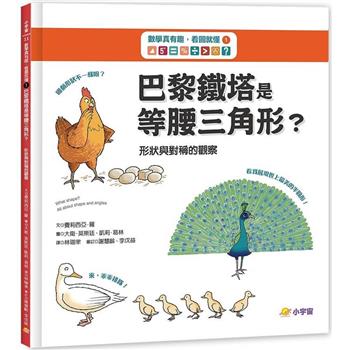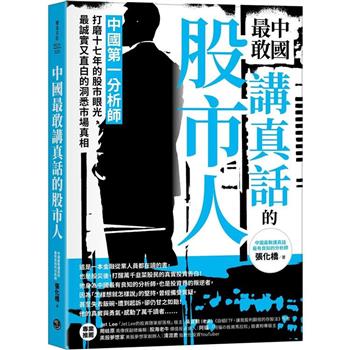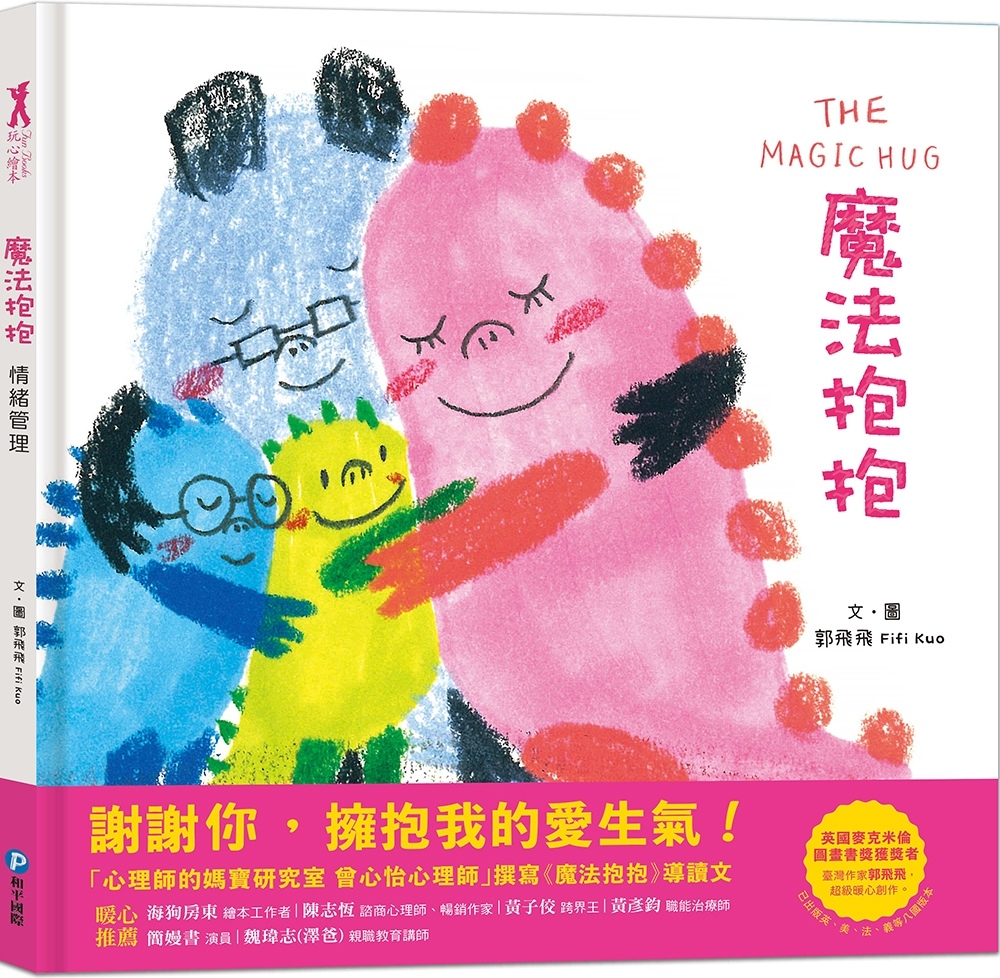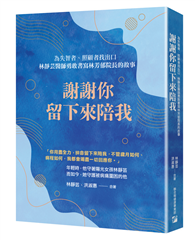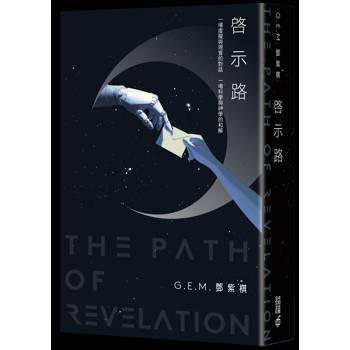Jim Miller’s Into the Bardo reminds us that everything is "tentative and precious." After experiencing a harrowing summer of several near-death experiences, it was poetry that Miller summoned, to bear witness to what he learned on this journey. In these poems, readers navigate the sometimes-precarious waters between wakefulness and sleep, life and death, treading in the liminal spaces of uncertainty. In fact, it was the great Roman poets, Virgil and Ovid, who taught us, Somnus, the god of sleep, was indeed the brother of Death. It is in this nexus where we find Miller revisiting memories of family and friends, the marvels of travel, the percipience of the arts, and ultimately, his musings on the "interconnectedness of all," especially as he beckons us to confront the economic and health care disparities that so many still endure. Miller reexamines a life lived while all along urging us to "feel the multi-grained texture of life / as it flows on ceaselessly / past even death." Into the Bardois full of wonder and wisdom.
-Manuel Paul López, Nerve Curriculum
Into the Bardo plumbs the caesura between life and death with all the attendant fear, love, wonder and insight. Miller makes the case that this is the space where we are most fully alive. A lover’s whispers and her bright green eyes, each of them "in their own separate hells" yet "blissfully, / in the arms of a love / beyond desire." The interconnectedness between ancestors and his living son: "look at your hand and I’ll be there, always." Most striking about this collection is the self/soul’s tremendous elasticity, contracting with interior suffering and then expanding to an "I am large, I contain multitudes": crowing roosters, palm trees, ballfields, picket lines, shelves of books, crowds of beautiful strangers, gorgeous monsters of cities, rabbits at dawn, stars. That living and dying is as beautiful and unpredictable as improvisational jazz: "I am not my dying...Nor am I triumphant, transcendent, or absurd- / just all these things / running together in the flux."
-Kendra Tanacea, The Alchemy of Us

 看圖書介紹
看圖書介紹
